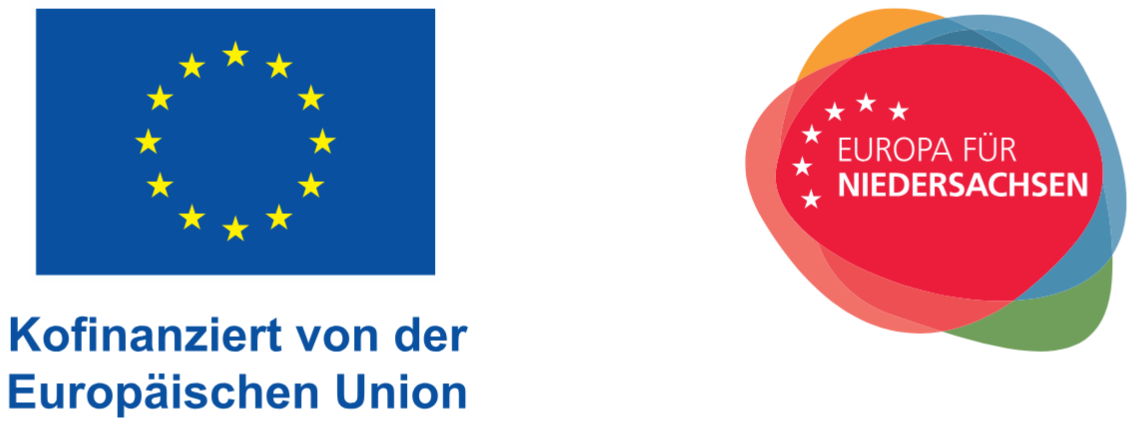NIGHT-FAST – Autonomous Drone Logistics for Medical Emergency Transport
The research and development project NIGHT-FAST ("Niedersächsische Integrated Ground-to-Hub Transfer Initiative for Fast Autonomous Sample Transport") is developing an innovative, AI-powered drone solution for the fast and secure transport of medical samples, blood products, and medications. The goal is to create an efficient and resilient emergency logistics system, particularly in rural regions, that reliably connects medical practices, laboratories, emergency services, and clinics.
Motivation and Background
The transport of medical samples presents a major logistical challenge in large-area states like Lower Saxony. Conventional courier services are time-consuming and labor-intensive, and are hardly available outside fixed pickup times. NIGHT-FAST addresses these challenges through autonomous, electrically powered drones that transport laboratory samples quickly, flexibly, and with low emissions – even outside regular transport times. In doing so, the project makes a significant contribution to securing basic medical care and civil protection.
Technological Innovation
At the core of the development is a highly automated fixed-wing drone that combines large ranges with precise controllability. An AI-supported navigation system ("Adaptive AI Drone Co-Pilot") allows flight routes to be adapted in real time to weather and emergency conditions. A particular highlight is the "Speak & Fly" module, which enables medical staff to trigger transport orders via voice input – quickly, intuitively, and without technical expertise.
A secure track-and-trace system, a temperature-controlled transport box, and cloud-based fleet management ensure sample integrity, data protection, and traceability at all times. The entire system can be deployed both in regular laboratory medicine operations and in emergency or disaster situations.
Medical and Societal Significance
With NIGHT-FAST, a new standard for medical logistics of the future is emerging. Through faster diagnostics – for example in heart attacks, severe bleeding, or infections – therapy decisions can be supported directly at the emergency site and unnecessary hospital admissions can be avoided. This strengthens primary care, shortens treatment pathways, and sustainably improves patient care.
At the same time, the project contributes to the decarbonization of healthcare logistics: the electrically powered drones reduce traffic-related emissions and relieve strain on road infrastructure and emergency services.
Basic data
Funding: EFRE
Term: 36 Monate, Start: 01.01.2026

Project Consortium
Auftrag Mensch GmbH – Integration into medical workflows and regulatory implementation
Hannover Medical School (MHH) – Medical coordination, laboratory and emergency medicine
Technische Universität Braunschweig – Flight guidance and navigation systems
University Medical Center Göttingen (UMG) – AI development and user interfaces
Ostfalia University of Applied Sciences – Algorithmic optimization and data analysis
UAS-Atelier GmbH – Drone development and systems integration
Autrik UG – Cloud-based fleet management and software architecture

contact information
- telephone: +49 551 3963709
- fax: +49 551 3929530
- e-mail address: priyanka.dey(at)gwdg.de

contact information
- telephone: +49 551 3965663
- fax: +49 551 3929530
- e-mail address: allgemeinmedizin.kurs(at)med.uni-goettingen.de